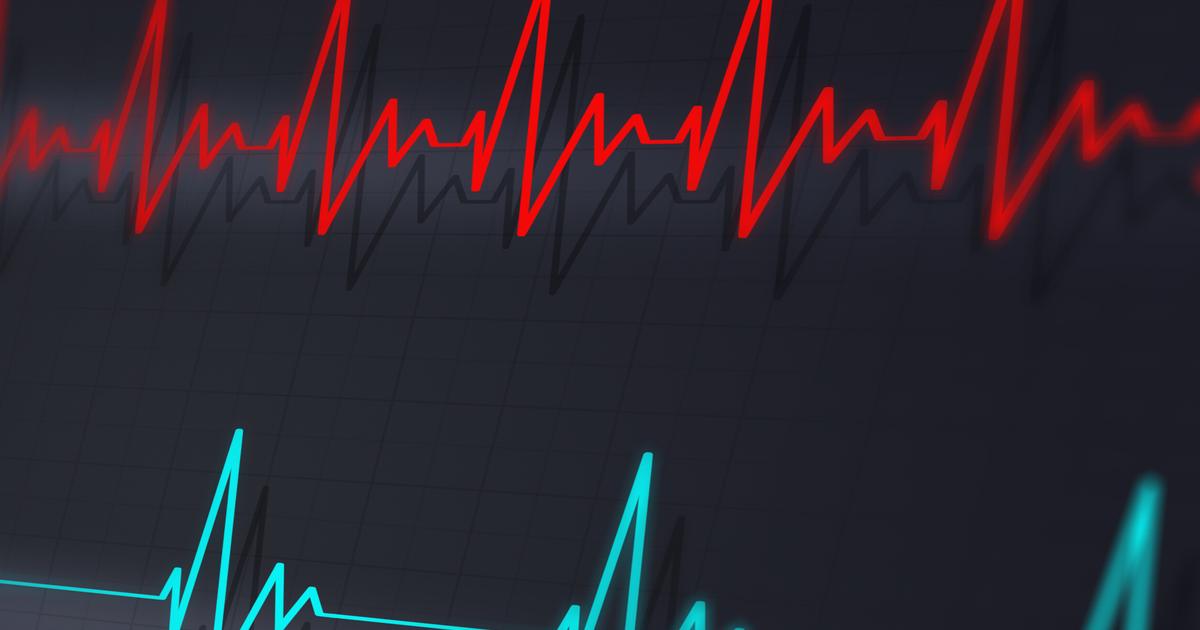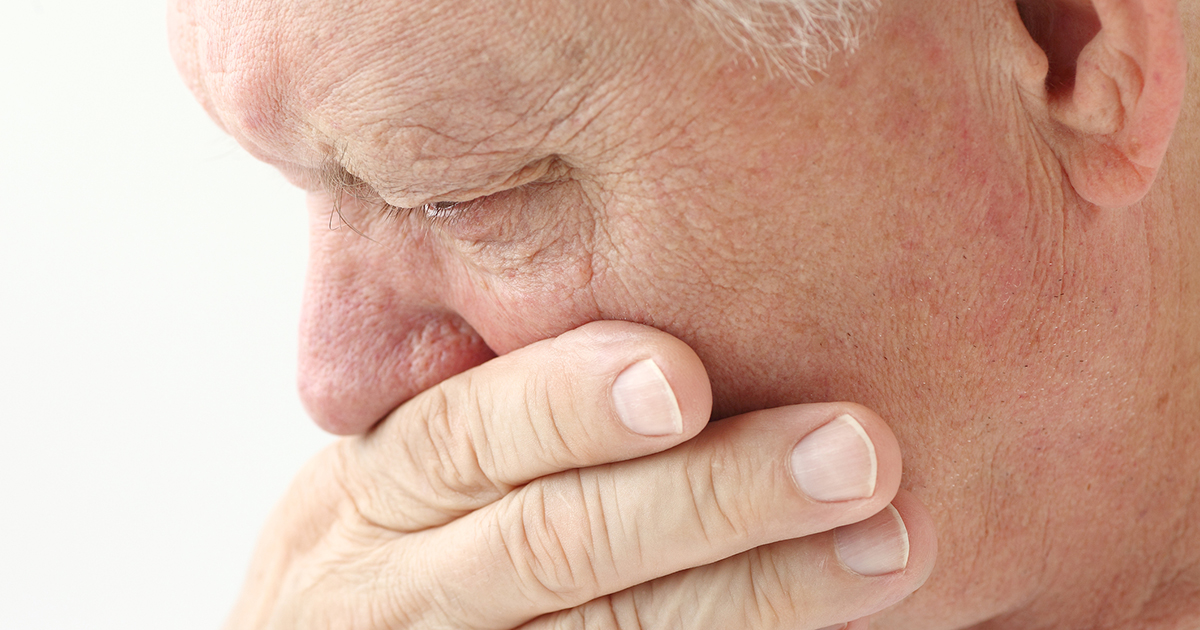Serious Side Effects Of Vasodilators
A vasodilator is a type of medication that dilates or opens up blood vessels. Vasodilators work through a mechanism that causes changes in the muscles inside of the venous and arterial walls. This mechanism allows an individual's blood to flow more effortless through the blood vessels so the heart does not have to work so hard. There are three types of this medication: venous dilators, arterial dilators, and mixed dilators. Vasodilators are prescribed to individuals who have high blood pressure, pulmonary hypertension, preeclampsia, angina, or heart failure that require treatment. Vasodilators are not the preferred or first method of treating these diseases and conditions because they are known to be very potent. Vasodilators are used in cases where a patient's condition or disease is not able to be controlled through other means.
Vasodilators may produce serious side effects in affected individuals. Get the details on these now.
Heart Palpitations

A pounding or fluttering heartbeat is medically referred to as heart palpitations, and these can occur in individuals who take vasodilators. Heart palpitations describe when an individual can feel that their heart is beating too fast, skipping beats, fluttering, pounding, or pumping too hard. Heart palpitations can manifest in several regions the torso, including the neck, chest, or throat. Palpitations may occur in individuals who take vasodilators due to the mechanism they use to help lower blood pressure. Vasodilators exert their action on the muscle tissue inside of the blood vessel walls to cause them to expand and allow a greater volume of blood to flow through. When blood vessels near the heart, neck, and chest become larger due to this medication, they are closer to other structures inside the body. Sensory nerves are included in the list of structures and tissues closer to where blood is pumping through the dilated arteries. When the nerves around any particular area in the neck, chest, or throat become activated by this pulsing because the vessels are dilated, they transmit this sensory information to the brain. The brain interprets this as heart palpitations in the affected area.
Read more about the side effects linked to vasodilators now.
Fluid Retention

Individuals who take vasodilators may experience fluid retention, which refers to when the body accumulates excessive fluids in the body tissues outside of circulation as a result of some underlying mechanism. Vasodilators are medications that induce the dilation of blood vessels around the body. However, vasodilators do not only act upon the arteries, but they also have this effect on veins. When the veins dilate too much, the valves inside of the veins are unable to do their job as well to push blood against the force of gravity. The result is an excessive pooling of blood in the lower extremities because the blood becomes backed up. Backed up blood in the veins causes the pressure inside of the veins to become higher than the pressure outside of the veins in the surrounding tissues. When the pressure gradient is too high in the veins, they begin to leak fluid into the tissues that surround them as a compensatory measure. In addition, the walls of the veins become more penetrable when their walls are stretched out. This mechanism causes fluid retention in some patients who take vasodilators.
Uncover more side effects of vasodilators now.
Chest Pain

Chest pain is not an uncommon side effect in individuals who take vasodilators. Chest pain happens more in individuals taking vasodilators for high blood pressure than for other conditions. Vasodilators cause the blood vessels to dilate and allow higher volumes of blood to pass to lower the amount of force blood is placing on the arterial walls and reduce the workload of the heart. Because the veins in an individual's body become dilated as a result of vasodilators, there is less blood being returned to the heart at any given time. The heart does not have to work so hard, which is excellent when there are no other underlying issues with the blood vessels. However, reduced work of the heart can lead to less blood delivery to areas restricted by partial blockages because the force of the blood is not enough to push past the narrowed regions very well. Additionally, the decrease in blood pressure can have the same effect of insufficient perfusion of tissues fed by partially occluded vessels. When this process occurs in the blood vessels in the chest or the coronary arteries, it can cause ischemic chest pain.
Continue reading to learn more about the side effects of vasodilators now.
Rapid Heartbeat

An individual who takes vasodilators may experience tachycardia (a fast heartbeat). This side effect is reported in many individuals when they begin taking vasodilators, but it is also one that subsides after the body adapts to the medication. Vasodilators dilate the blood vessels throughout the body to treat heart failure or lower the blood pressure levels. As the blood vessels dilate, more blood is permitted to move through the arteries and veins. This mechanism causes a drop in blood pressure because the blood is not pushing against the vessel walls as hard. However, this decrease in blood pressure can be detected by the brain, which interprets it as a failure somewhere in the cardiopulmonary system. The brain attempts to compensate by telling the heart to speed up as a reaction to this change in blood pressure, which produces a rapid heartbeat.
Get more details on the side effects of vasodilators now.
Nausea And Vomiting

Nausea and vomiting may occur in individuals who take vasodilators, particularly those who are too sensitive to the dilation effects of the drug and experience the malfunction of a reflex called the baroreceptor-mediated reflex. This reflex is meant to quickly act upon changes in blood pressure to maintain a homeostatic state, like when an individual stands up. However, this reflex does not work properly in some patients when they take vasodilators, which can cause them to experience low blood pressure upon standing their body is unable to correct quick enough. This process causes a reduction in blood delivery to the individual's brain tissues, which can cause lightheadedness and dizziness. An affected individual can become nauseated as a result of the dizziness they experience with orthostatic hypertension, or it could be a result of the inappropriate activation of the vomiting center in their brain. The mechanical action of vomiting is simply the result in some individuals who feel nauseous because of these vasodilator-precipitated malfunctions.